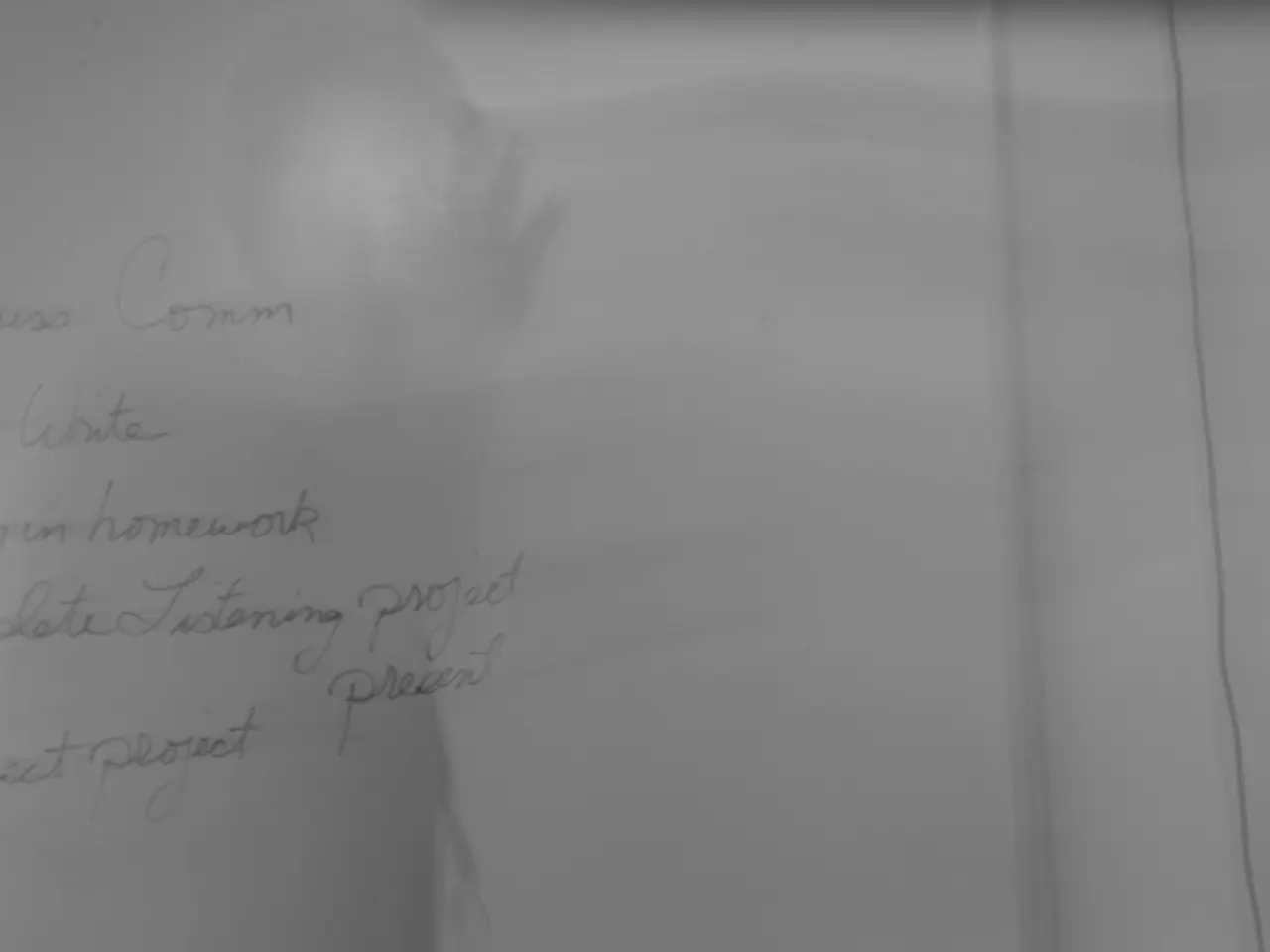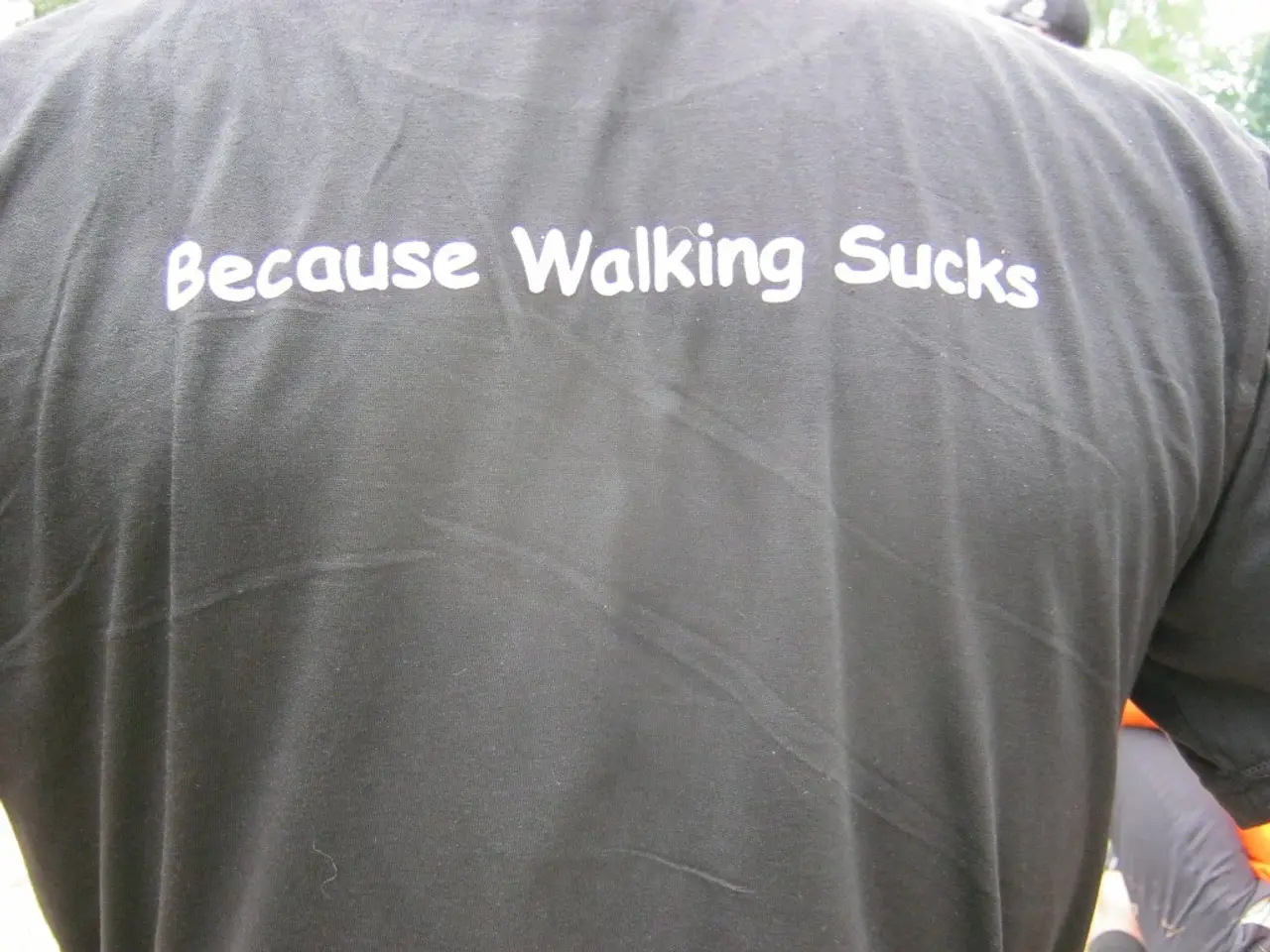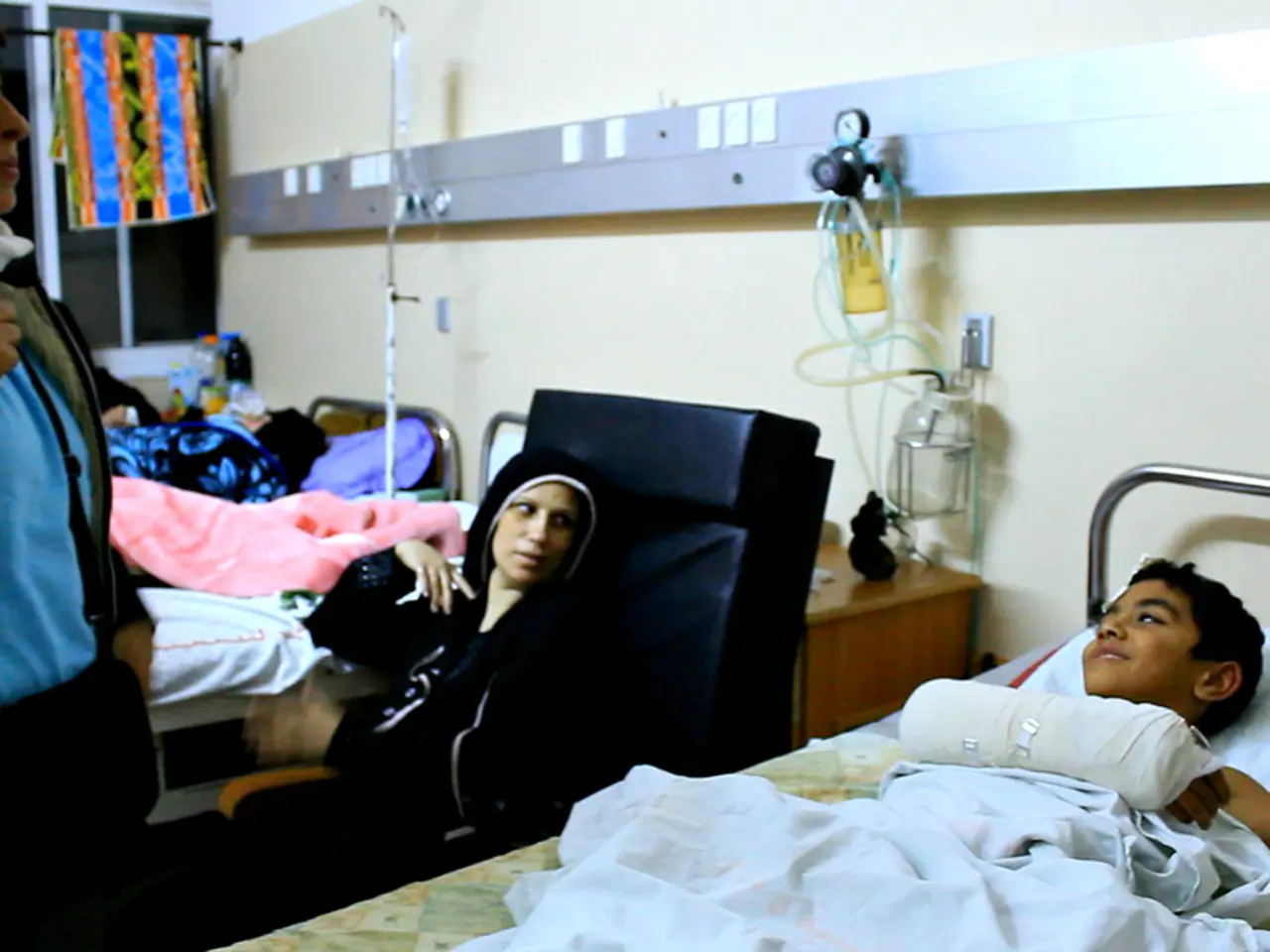Survival of the Human Species: Impact of Decision Immobility
======================================================================================================
In today's fast-paced world, making decisions can often feel overwhelming. From choosing a restaurant for dinner to selecting a career path, decision paralysis—a state that prevents individuals from making decisions due to an overwhelming number of options or fear of making the wrong choice—can be a common obstacle.
Decision paralysis can have significant implications in consumer behavior, workplace productivity, and mental health. The sheer volume of available information can often overwhelm individuals, making it difficult to process options effectively, potentially triggering mental shutdowns where no decision is made. Factors contributing to decision paralysis include fear of regret, perfectionism, and information overload.
However, effective strategies for overcoming decision paralysis in modern society focus on reducing choice overload, managing cognitive load, and enhancing self-regulation.
One key approach is the "Rule of Three". Comparing only three options at a time can help avoid overwhelming the brain with excessive options, leading to increased anxiety and indecision. Setting time limits for decisions is another effective strategy. Allocating a fixed amount of time to research and decide prevents endless deliberation and procrastination.
Prioritizing high-impact decisions and tasks is also crucial. Focusing energy on important decisions first, eliminating or delegating lower priority ones, can help reduce mental fatigue. Recognizing and managing decision fatigue is equally important. Being aware of mental exhaustion signs like irritability and indecisiveness, and taking breaks to restore cognitive energy, can help break the cycle of analysis paralysis and choice overload.
Avoiding common thinking traps such as overthinking, confirmation bias, and fear of making mistakes can also help alleviate decision paralysis. Simplifying the environment to reduce sensory and information overload is particularly relevant for people experiencing ADHD or similar challenges. Minimizing distractions can improve clarity and focus.
In group settings, decision paralysis can hinder collaboration and consensus-building, leading to frustration among team members who struggle to reach agreements. Establishing specific criteria for making decisions can help individuals focus on what truly matters, allowing them to eliminate unsuitable options more easily.
The desire for the "best" option can create an unrealistic standard that paralyzes decision-making, causing individuals to spend excessive time weighing pros and cons without reaching a conclusion. Embracing imperfection—accepting that no choice is perfect—can relieve pressure and encourage action, fostering a more flexible approach to decision-making.
Understanding and addressing decision paralysis can enhance an individual's and society's ability to make effective choices, improving overall well-being. The paradox of choice suggests that an abundance of products can lead to dissatisfaction and regret in consumers. Employees may experience decision paralysis in the workplace, which can hinder productivity and lead to missed deadlines. Prolonged indecision can lead to heightened anxiety levels and physical symptoms such as headaches or insomnia.
By implementing these strategies, individuals can break the cycle of analysis paralysis and choice overload, enabling clearer, faster, and more satisfying decision-making.
- In the realm of health and wellness, reducing decision paralysis in the workplace can lead to increased productivity and better mental health for employees.
- The principles of evolution and science could potentially be applied to the field of mental health in developing effective strategies for overcoming decision paralysis.
- Encouraging workplace-wellness programs that focus on decision-making skills could help foster a work environment where employees feel more equipped to tackle daily challenges and make decisive actions.




